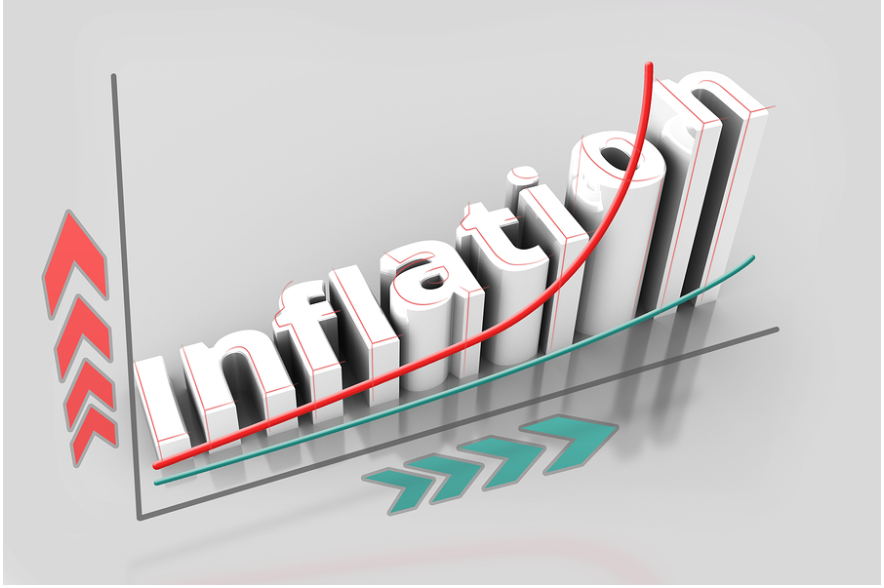Den tyske inflation fortsætter med at stige og nåede op på 3,9 pct. i august, målt på årsbasis. Der er ingen udsigt til, at priserne falder foreløbig. Priserne er dog også påvirket af, at momsen igen er indført på de varer, hvor den blev nedsat for at afdæmpe pandemien. Men det er ikke kun udviklingen under pandemien, der påvirker priserne, for inflationen er 4 pct. over niveauet i januar 2020, altså lige før pandemien. ING tror, inflationen vil stige til 5 pct. inden årets udgang. Men får vi så en vedvarende høj inflation, eller er den midlertidig? Det er dagens store stridsemne. ECB vil måske give en indikation i næste uge. ECB forudser en inflationen i eurozonen på under 2 pct. de næste to år. ING tror ikke, at ECB vil ændre signaler på grund af den tyske inflation, og ING tror ikke, ECB allerede nu vil neddrosle sine obligationskøb – dvs. før USA.
Based on inflation outcomes of several regional states, German inflation in August came in at 3.9% year-on-year, from 3.8% in July. The harmonised index relevant for the European Central Bank jumped to 3.4%, from 3.1% in July.
The surge in headline inflation was driven by the full base effects from the VAT reversal, which also shows in subcomponents like prices for clothing and leisure, higher energy prices and price mark-ups post-lockdown in the leisure and hospitality services.
Higher producer prices on the back of supply chain disruptions, higher commodity prices and the gradual reopening of the economy are all impacting and will continue to impact consumer prices. Together with the reversal of the German VAT rate, headline inflation could even get close to 5% towards the end of the year.
Today’s inflation surge will do very little to bridge the gap between the two inflation camps: one arguing that inflation drivers are transitory and that base effects will disappear or even reverse next year and the other seeing a broad risk of accelerating inflation. We remain somewhere in the middle.
While structural factors like labour market slack or digitalisation indeed argue in favour of a more benign approach to inflation, we are seeing the most fertile breeding ground for second-round effects in a long while. In fact, the narrative that German wage settlements were well-behaved this year belongs to history. Latest announcements show that unions are going into the upcoming negotiations with demands linked to current inflation numbers, not to inflation expectations.
When the ECB meets again next week, it will very likely stick to its rather benign view of inflation being driven by a series of one-off factors without any second-round effects in sight. Recent statements by Philip Lane and Isabel Schnabel actually stressed inflation projections of far below 2% in 2022 and 2023.
We doubt that the new ECB staff projections will present a significantly changed picture as it would require structural changes in the models and how ECB staff sees second-round-effects materialising. Remarkably, high German inflation is not only the result of base effects from low prices during the lockdowns. In fact, comparing August price levels with the level in January 2020 shows that prices were up by more than 4% as well.
Indeed, monetary policy can hardly bring down inflation driven mainly by one-off factors. Therefore, the ECB’s current benign stance on inflation makes sense, even if some acknowledgement that people actually do have to pay higher prices would help future dialogues with eurozone citizens.
Looking ahead to next week’s meeting, it is hard to see that the ECB will change anything in its communication and policy stance. Even an end to the front-loading of asset purchases looks unlikely as it would de facto mean earlier tapering in the eurozone than in the US.











